
Growth in 2022 supported by strong post-volcanic eruption reconstruction activity
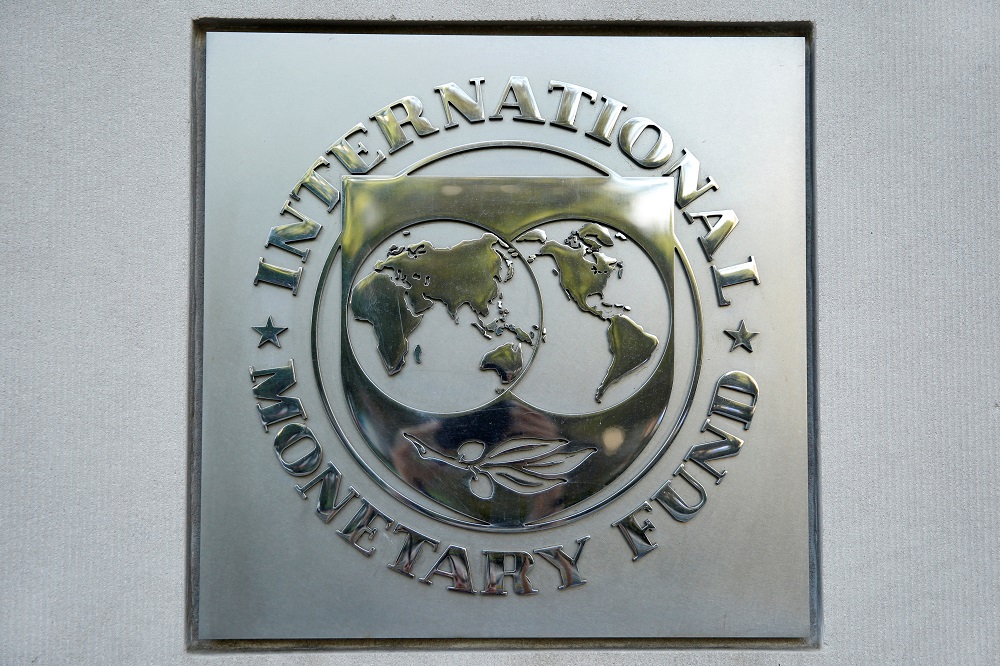
Durrant Pate/ Contributor
The International Monetary Fund (IMF) is projecting that the economy of St Vincent and the Grenadines will grow by six per cent in 2022, supported by large-scale investment projects and recoveries in tourism and agriculture.
The IMF made this disclosure at the conclusion of the Article IV Consultation on November 14. Growth for this year is projected to reach five per cent, as large-scale construction projects get into full swing.
Output decline in 2020 was the lowest in the Eastern Caribbean Currency Union (ECCU) and the economy is estimated to have grown by 0.8 per cent in 2021 supported by strong post-volcanic eruption reconstruction activity. External inflation pressures are expected to raise the annual inflation to 5.8 per cent in 2022.
At the same time, the primary deficit is estimated to widen as the port construction starts, the primary balance excluding pandemic, volcano and port-related spending is expected to improve from -0.4 per cent of Gross Domestic Product(GDP) in 2021 to 1.6 per cent in 2022. Public debt has increased to about 89 per cent of GDP as of end-2021.
Downside risks to outlook
The outlook is subject to significant downside risks, stemming primarily from an abrupt slowdown in trading partners’ growth, potential delays in investment projects including due to supply chain disruptions and natural disasters. The Dr Ralph Gonsalves administration is seeking to rebuild fiscal buffers over the medium term and are balancing the need to support the vulnerable, building resilience, and maintaining fiscal prudence.

They also remain committed to reaching the regional debt ceiling and the medium-term fiscal strategy set out in the 2021 IMF Rapid Credit Facility (RCF) disbursements and financing from other International financial institutions.
IMF Directors’ assessment
The IMF executive directors agree with the thrust of the staff appraisal while commending the authorities’ proactive responses to the pandemic and volcanic eruptions that reduced economic scarring and contributed to a small positive growth in 2021. They noted that while the outlook is favourable, supported by large-scale investment projects and continued recovery of agriculture and tourism, it is subject to significant downside risks and the economy remains vulnerable to shocks.

The directors agreed that near-term priorities continue to be health and reconstruction spending and supporting the vulnerable, while maintaining fiscal prudence. They are encouraging the authorities to keep the generalised fiscal relief temporary as announced and continue to enhance the coverage and targeting of the social safety net.
As the economy recovers, fiscal policy should move from income support to active labor market policies (ALMP) to facilitate training and employment. The IMF Directors have been stressing the importance of rebuilding fiscal buffers, including by fully operationalising the Fiscal Responsibility Framework (FRF), to withstand shocks and reinforce fiscal sustainability.

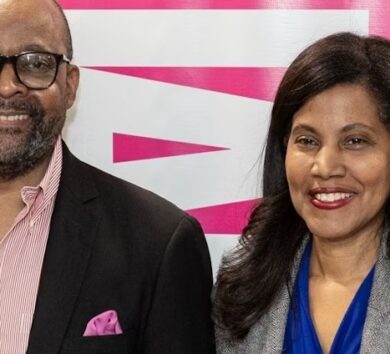
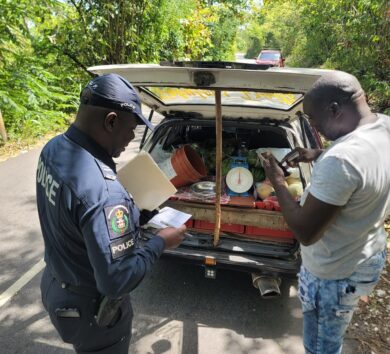

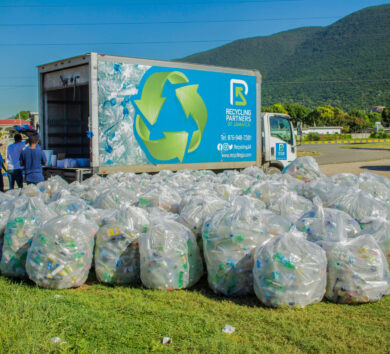

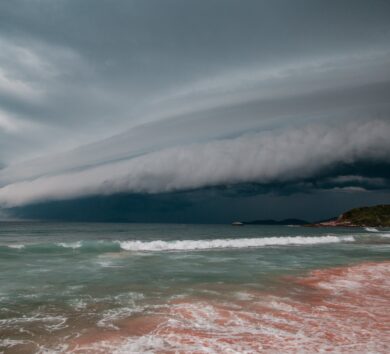
Comments